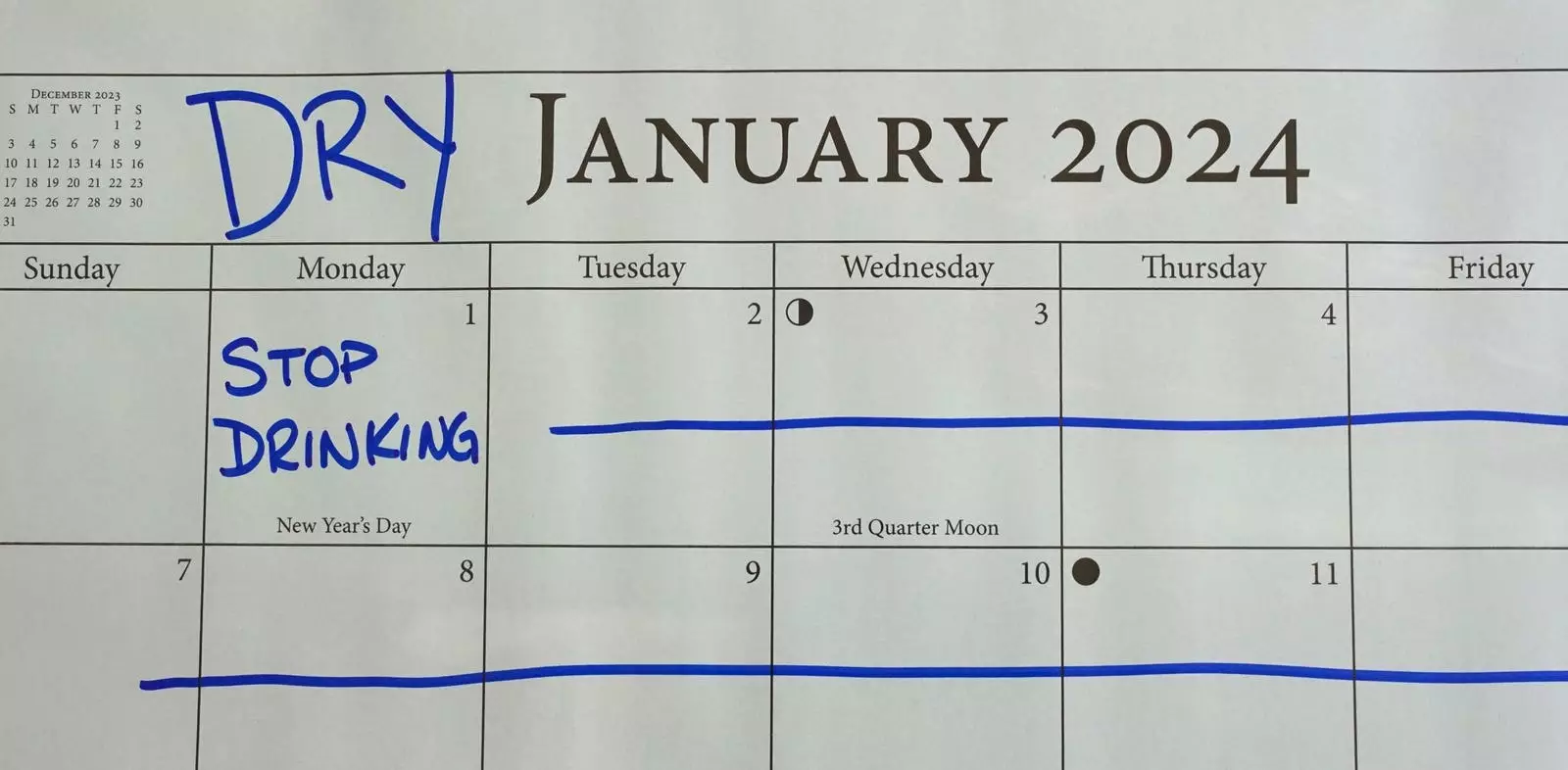The rise of non-alcoholic beer has transformed the beverage landscape, offering enthusiasts an enticing range of options that rival their alcoholic counterparts. Once dismissed as bland and uninspired, non-alcoholic beers have emerged as genuine contenders in the craft beer market, thanks to advancements in brewing methods and a growing demand for healthier alternatives. This evolution is particularly significant now, as many traditional craft breweries are experiencing challenges, yet the non-alcoholic segment thrives, appealing to a diverse audience.
The surge in non-alcoholic beer popularity can be largely attributed to notable improvements in brewing technology. Historically, non-alcoholic beer was viewed as a mere shadow of its alcoholic equivalents, both in flavor and variety. However, today’s breweries have harnessed sophisticated de-alcoholization processes and innovative flavoring techniques, allowing them to craft beers that are not only drinkable but genuinely enjoyable. As a result, the market is witnessing an influx of products that present exquisite flavors and aromas, thereby catering to discerning palates.
Athletic Brewing stands as a prominent example of a company that has exclusively focused on non-alcoholic offerings. As the tenth largest craft brewer in the United States, it showcases just how viable the non-alcoholic segment can be in a competitive industry. The fact that breweries like Athletic Brewing are thriving suggests that many consumers are actively seeking better non-alcoholic options, steering away from the traditional stigma surrounding such beverages.
An impressive aspect of the non-alcoholic beer movement is the attention to culinary pairings and the overall dining experience. As non-alcoholic beers become more refined, consumers are beginning to explore how these options complement food just as their alcohol-laden counterparts would. Breweries are keenly aware of this trend, introducing tastings and pairing events designed specifically to highlight the intricacies of their new products.
For instance, Sierra Nevada, a revered name in craft brewing, spun off the Trail Pass series to introduce non-alcoholic options to their portfolio. Their innovative approach doesn’t just stop at creation; they have crafted a variety pack that allows customers to sample multiple flavors in one go. Such offerings provide a gateway for both hardcore enthusiasts and casual drinkers to experience the stories behind each brew, bridging the gap between non-alcoholic and traditional craft beers.
The evolution of non-alcoholic beer isn’t merely a trend endemic to new craft establishments but includes heritage breweries adapting to modern demands. Firestone Walker Brewing, founded in 1996, epitomizes this transformation. Known for its flagship beers, Firestone has capitalized on the non-alcoholic trend by introducing 8ZERO5, replicating the essence of their popular 805 brew.
Similarly, Deschutes Brewery, a pioneer in the craft beer movement, has taken a bold step towards sustainability by incorporating Kernza, a perennial grain, into its non-alcoholic offerings. Their Non-Alcoholic Kernza beer has not only garnered accolades but also showcases a commitment to environmentally conscious practices. Such strategies strengthen the narrative that non-alcoholic beers can fuse tradition with innovation, paving the way for a fresh understanding of what crafting beer means in this day and age.
It’s essential to examine how globally recognized brands are influencing the non-alcoholic beer market. The Boston Beer Company, with its flagship Samuel Adams line, and Heineken are both stepping up to the plate, creating products that conform to upscale standards while remaining accessible to the everyday consumer. Heineken 0.0, for instance, has been praised for closely resembling traditional beer in taste and complexity. This international perspective plays a crucial role in widening the acceptance and popularity of non-alcoholic brews, making them favorable alternatives across diverse markets.
As beer enthusiasts increasingly prioritize health and well-being, the non-alcoholic beer movement offers a nuanced blend of taste, tradition, and modernity that few can resist. The industry’s successful transition from niche products to mainstream acceptance signifies a cultural shift, encouraging both old and new players to innovate further. Whether it’s at a backyard barbecue or a gourmet pairing dinner, the now-robust variety of non-alcoholic beers promises to please palates while redefining what it means to partake in beer culture without the intoxication.
The evolution of non-alcoholic beer reflects broader societal trends, underscoring a coalition of innovative craftsmanship, sustainability, and palate sophistication. By offering craft beers that appeal to casual drinkers and connoisseurs alike, the non-alcoholic sector is not simply carving out a niche but potentially reshaping the beer landscape altogether.

